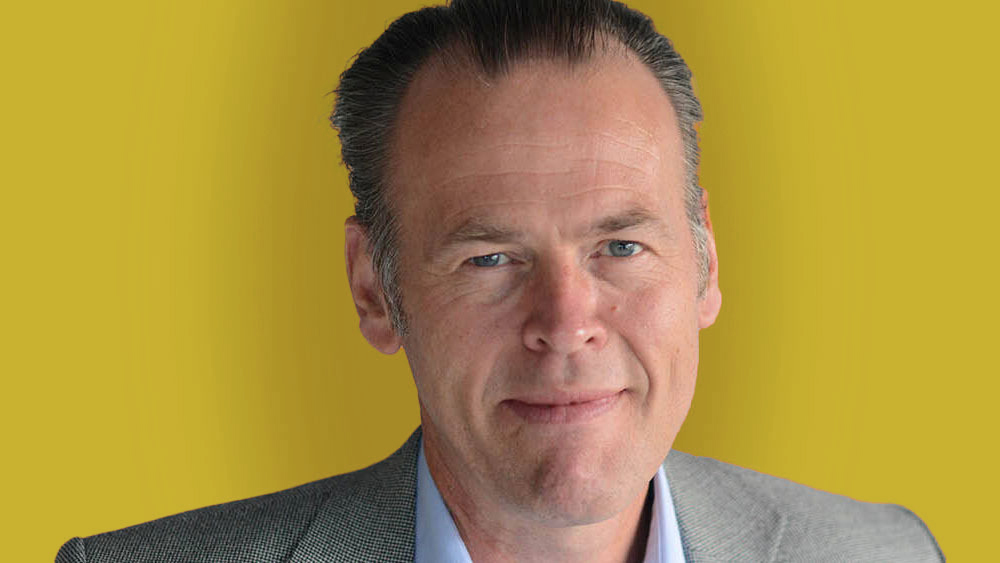Your cart is currently empty!

Europe plays its part in the ongoing AI revolution
It’s difficult to match the investment in artificial intelligence by the US tech giants, but Europe has strengths that it can play to successfully.
This time of year abounds with retrospectives of 2024 and predictions for 2025. Many analyses were geared toward the widening gap between the US and Europe in technology and innovation. Time and again, the success of the giant technology companies Alphabet, Amazon, Apple, Meta, Microsoft, Nvidia and Tesla is mentioned, including the fact that they didn’t exist 30-40 years ago.
These analyses will likely continue to appear in 2025, notably in the area of AI. The tech giants are investing heavily in this field, thanks to their eye-watering profit margins of more than 25 percent on a combined estimated total revenue of 1.8 trillion dollars in 2024. Alphabet, Amazon and Microsoft spent a combined 133 billion dollars on building their AI capacity in the first nine months of 2024. Meta was expected to allocate up to 40 billion in capital expenditures this year, mostly linked to AI.
Many analysts are bullish on the (economic) impact of artificial intelligence. Consultancy firm McKinsey expects the global AI market to contribute an additional 13 trillion dollars to the world economy by 2030, especially in manufacturing, logistics and supply chain management. This prediction, however, hinges on our ability to satisfy the increasing power hunger of AI and mitigate the concomitant effect on global warming. At present, the computational power needed to sustain AI’s rise is doubling every 100 days.
Some of the tech giants are therefore looking to apply their cash to the sustainable generation of power dedicated to AI data centers. Google, for instance, has signed a development agreement with US startup Kairos Power to deploy a number of advanced nuclear power projects totaling 500 MW by 2035. Microsoft announced a 20-year deal to restart a closed nuclear power plant on Three Mile Island in Pennsylvania. Amazon will build a new data center next to a working nuclear power plant in that state. In their drive to become and stay carbon-neutral, the tech giants are also putting money into solar and wind energy. For instance, Microsoft is investing 10 billion dollars to deliver 10.5 GW of solar and wind energy capacity from 2026 onward.
With such investment numbers, the tech giants are bound to have a significant impact on the growth of the renewable energy industry and infrastructure in the US, leveraged by Biden’s Inflation Reduction Act subsidies. It will be difficult for European governments to match this at a time when priorities are set by increased defense spending and relieving government debts of countries like France and Italy.
But Europe isn’t powerless. It can play in this arena to many of its strengths. First of all, it must guide worldwide developments in a direction safe for humanity through its regulatory framework. Also, it needs to make sure that it’s leading in technology for ‘green’ data centers. A Dutch company like Incooling, with its innovative data center cooling system based on phase-change technology, is pointing the way here. Another key player will be the Dutch integrated-photonics ecosystem. Photonic integrated chips allow for faster data speeds and larger data packets, meeting the growing demand for data processing and storage, while reducing the load on data center cooling systems. Similar activities are taking place across the EU. Then, Europe needs to apply AI in the many sectors where it plays a leading role worldwide. Smart healthcare is such a sector. Manufacturing, together with logistics and supply chain management, are also European strongholds.
As so often, the US is in the lead, but Europe – with all its constraints – can still hitch its wagon to realize economic growth of its own.


